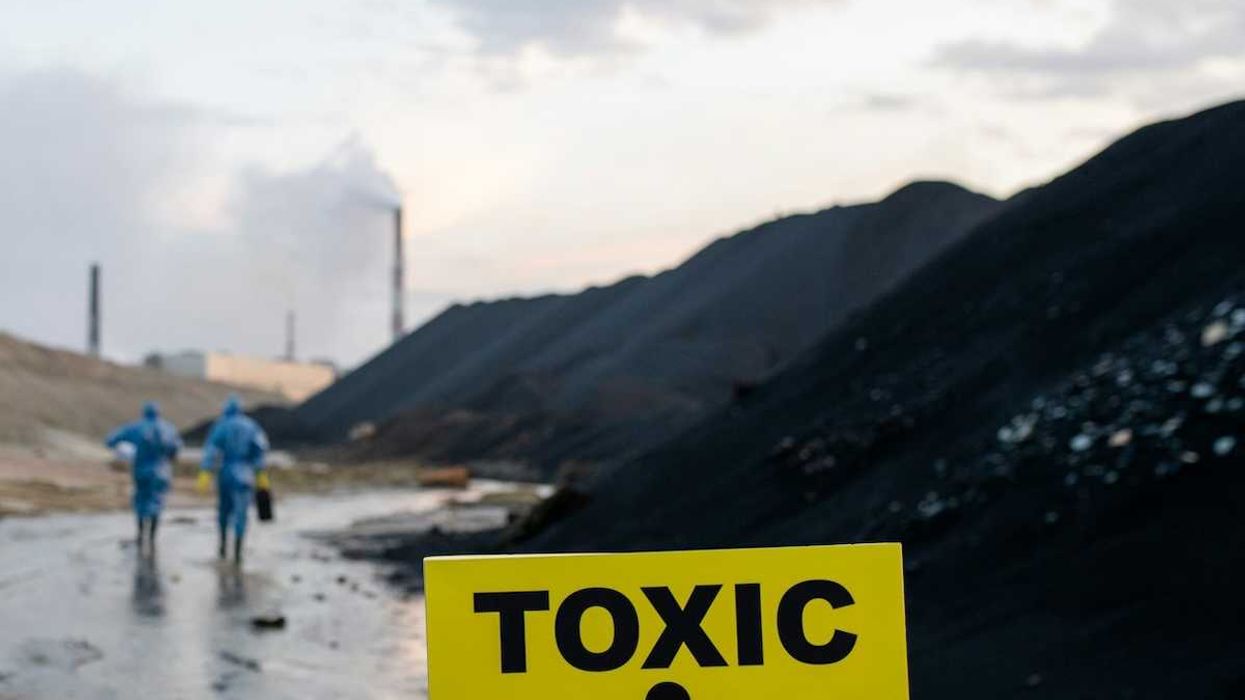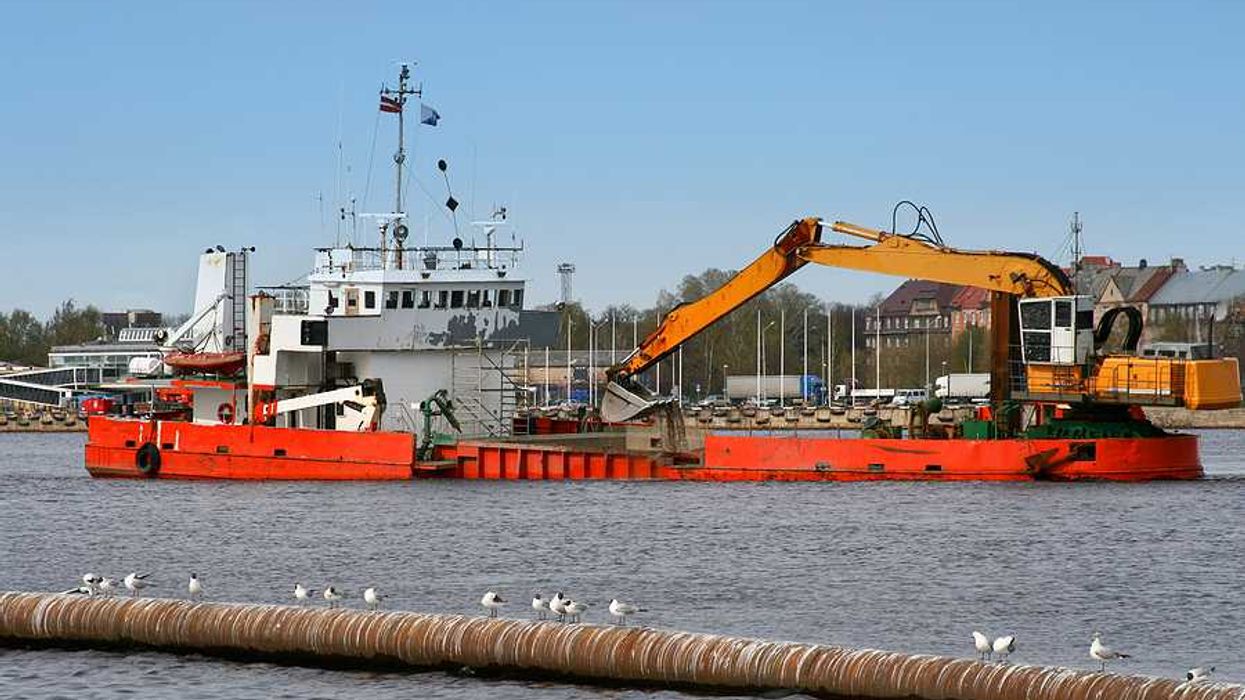Lead pollution from Roman industrial activities may have caused a 2- to 3-point IQ drop across Europe during the Pax Romana period of Roman history, a study finds.
Ian Sample reports for The Guardian.
In short:
- Researchers analyzed Arctic ice cores to measure atmospheric lead levels from 500 BC to AD 600, revealing a sharp rise in pollution during the Roman Empire.
- The empire’s massive mining and metal smelting released over 500,000 tons of lead into the air, affecting millions of people.
- At the peak of the empire, children’s estimated blood lead levels could have led to a 2.5- to 3-point IQ reduction.
Key quote:
“It’s amazing that we were able to quantify atmospheric air pollution over Europe nearly 2,000 years ago and assess potential health impacts on the ancient Roman civilization.”
— Joseph McConnell, Desert Research Institute
Why this matters:
Lead is a known neurotoxin with lasting impacts on brain function. The Roman Empire’s widespread pollution shows how early industrialization could have far-reaching health consequences, with lessons for managing modern environmental hazards.
Related EHN coverage:














